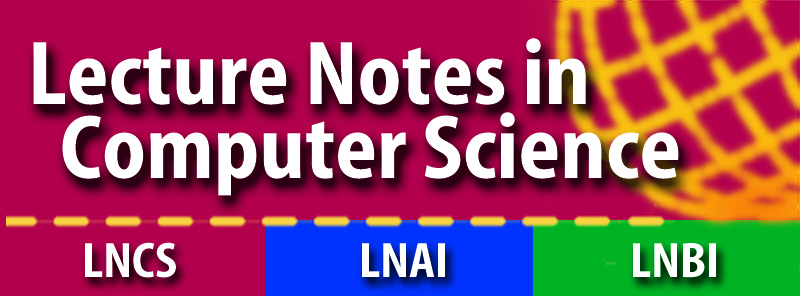SPACE 2021: Eleventh International Conference on
Security, Privacy and Applied Cryptographic Engineering
December 10-13, 2021, Kolkata / IIT Kharagpur, India

SPACE-2021
Kolkata/IIT Kharagpur, India / Virtual Venue
Registration
Check previous SPACE proceedings on SpringerLink
Program Chairs
Lejla Batina, Radboud University
Stjepan Picek, TU Delft
Mainack Mondal, IIT Kharagpur
Poster Chair
Bodhisatwa Mazumdar, IIT IndoreGeneral Chair
Debdeep Mukhopadhyay, IIT KharagpurCOVID 19 advisory
Given the current uncertainty with travel and event organization restrictions caused by COVID-19, SPACE 2021 will be a virtual conference. SPACE 2021 will allow the online presentation of accepted papers, and the conference registration fee for the accepted paper is adjusted accordingly.

Keynote Speakers
Tutorial Speakers
